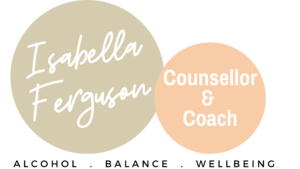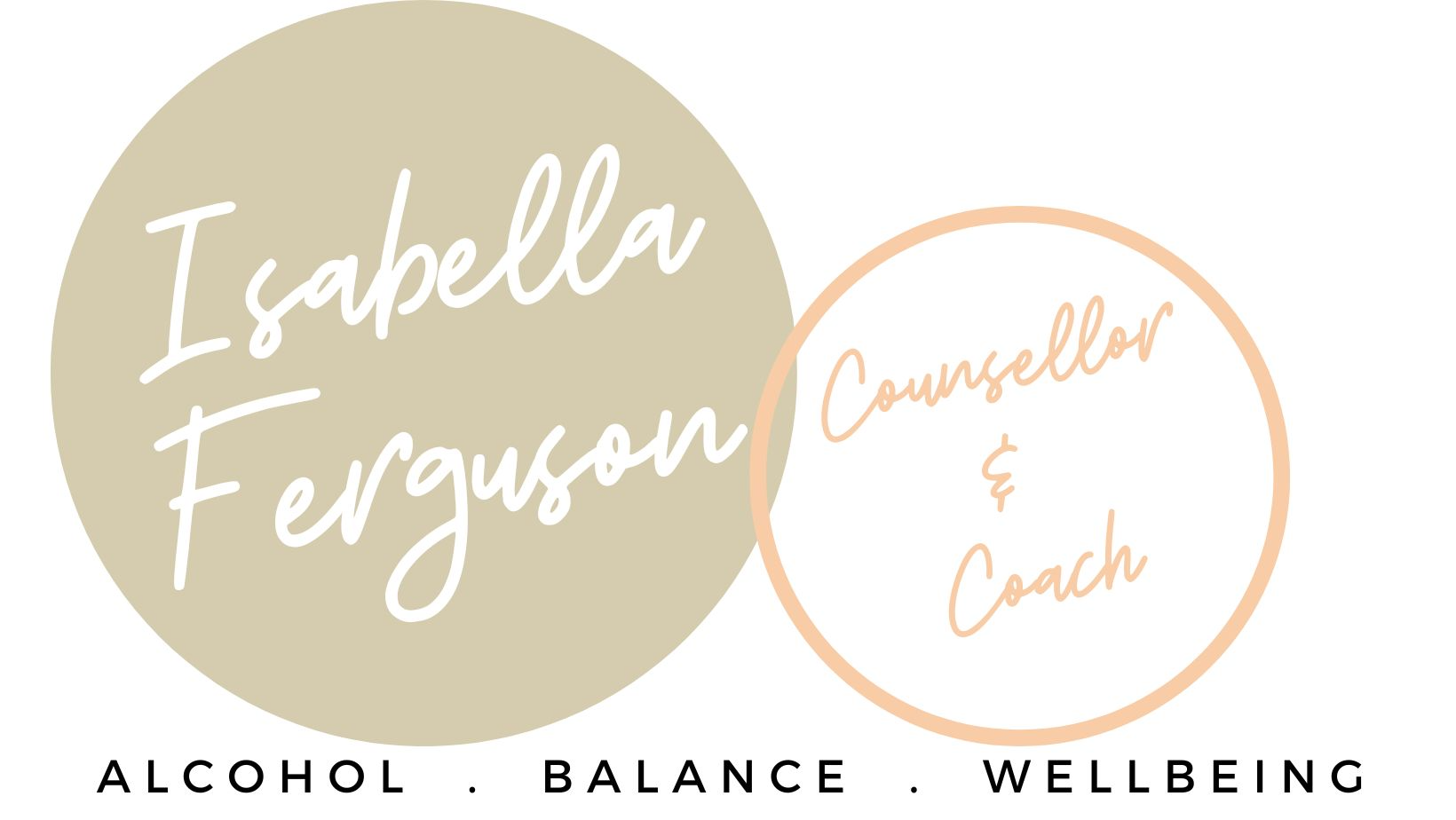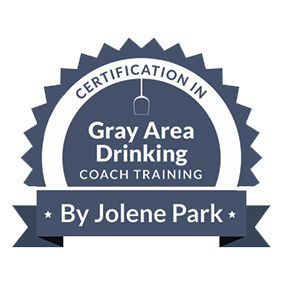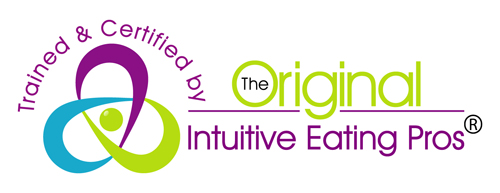You Don’t Have to Hit “Rock-Bottom”
Grey area drinking – what is it?
There is no rule stating that you need to have hit rock-bottom or had a momentous fall from grace to justify making behavioural improvements to your life. It is ok if you simply feel curious about what it would be like if you cut back or go alcohol free for a period.
It may be that you just want to feel more energised, focussed, less anxious, healthier or happier and you are curious if alcohol is playing a part in stopping you achieving these goals.
It may be that you are uncomfortable with the fact that you cannot seem to stop at one or two glasses of champagne and that it often turns into three or four… Perhaps you do not drink every day and can in fact have many days without it but when you do you cannot stick to your moderation goals. You think, “I’ll just have a glass when I make dinner” but it becomes the whole bottle. There is an internal voice that says “this is not good for me…this has to stop”.
This is where the concept of “grey area drinking” (GAD) comes in.
Jolene Park, a functional nutritionist and founder of The Gray Area Drinking Resource Hub specialising in GAD, defines GAD as the space between the extremes of rock-bottom and every-now-and again area which can negatively impact lives[1].
GAD is in fact how most people drink. Heading out to dinner with friends or opening a bottle after a stressful day with the intention of just having one or two and three hours later much more has been consumed is so common it is almost the norm. So many people drink like this that it can seem like normal behaviour to binge drink when socialising or on the weekend, drinking well beyond the Australian guidelines relating to alcohol in the process[2]. We know this is unhealthy for us.
You are not a GAD if you do so every now and then at a wedding or weekend away for example. You are also not a GAD if you are seeking treatment for alcohol use and withdrawals and if you have clear physical signs of alcohol abuse, such as yellow eyes and liver function problems. Anything in between falls in shades of grey.
Park notes[3] the 10 characteristics of GADs include:
“1. Gray Area Drinkers drink frequently (most days) or they go periods of time without drinking and they often binge drink.
2. Gray Area Drinkers drink to drunkenness.
3. Gray area drinkers feel the physical effects of drinking – headaches, night sweats, disrupted sleep, fatigue, low energy, nausea, vomiting, blackouts, dehydration.
4. Gray Area Drinkers feel the emotional effects of drinking – self loathing, depression, anxiety, irritability, reactivity, silently berating themselves.
5. Gray Area Drinkers can and do stop drinking for extended periods of time. BUT, it’s hard to stay stopped.
6. Gray Area Drinkers struggle with the forever question.
7. Gray Area Drinkers drink at uncomfortable emotions or drink to soothe/calm past, current or future stress.
8. Gray Area Drinkers can spend a lot of time (often years) contemplating, questioning, worrying, wondering, researching/learning, justifying their drinking before they stop drinking for good.
9. Gray Area Drinkers worry about what people will say or think about them if they aren’t drinking.
10. Gray Area Drinkers wish they could be an every now and again drinker. Spoiler alert, they can’t.”
GADs commonly have a history of stopping drinking for significant periods of time, seven months here or five months there, and then restarting again before becoming uneasy as consumption levels creep up again when they do so, experiencing a “back and forth merry-go-round”[4]. Maybe you have gone alcohol free for longer.
Although GADs may not have a physical dependency, they will likely have an emotional dependence and this can create internal angst and discomfort about the dissonance between their internal voice and their behaviours.
Anxiety can be a massive reason for GADs to drink the way they do. Many “high-achieving” professionals function as GADs to combat stress. Falling into the GAD category means that you continue to perform well at work and have not likely been tapped on the shoulder by friends or family to say they are concerned about your drinking. So your concerns are privately held. Also, when you compare yourself to your friends, you cannot see anything overtly unusual in your drinking behaviour that would set you apart.
Falling into this category is largely subjective and self-diagnosed. Although you are perceived as drinking “normally”, you personally feel uncomfortable with the amount of alcohol you are consuming. You know that you are doing yourself and your health a disservice, and perhaps, if you continue, you may develop a “problem”.
GADs proposing to cut back can take invaluable action to nourish their nervous system and boost their neural-transmitters, GABA, serotonin and dopamine levels. Increasing these transmitters improves overall anxiety, mood and motivation and our underlying reasons for seeking out alcohol in the first place. This is precisely what Park’s program, the Nourish Method, is designed to do by integrating the following components into your life[5]:
N – Notice nature
O – Observe your breath
U – Unite with others
R – Replenish with food
I – Initiate with movement
S – Sit in stillness, and
H – Harness your creativity
The method seeks to support our physiological stress responses by nourishing our nervous system, alleviating our anxiety levels and overall mood. Balancing our blood sugars, that have been thrown out of whack with prolonged alcohol use, by eating regular meals containing proteins and omega oils is also important to aid reduction in cravings. Starting these steps in advance of cutting back or eliminating alcohol can assist the transition process greatly.
GADs can face some unusual and sometimes hostile reactions from people when they change their drinking behaviours, puzzled why you would do so when “you don’t have a problem!”. Your decision to cut back may also unintentionally shine a light on their own drinking behaviours. Hangover free mornings, renewed energy and motivation and vigour is the best response…!
It can be really useful to have a plan in place when you choose to reduce or eliminate your GAD all together. Make a firm decision about what your non-negotiables are around drinking, particularly in relation to up and coming celebrations, drinking at home or drinking alone etc…, so that you reduce the chances of being caught off guard and relying on will power alone (and remember maybe means yes!). Also, planning your public reasons for reducing your intake or going alcohol free is a great way of halting a debate or discussion around your choices and firming up your decision.
Over time, gaining an understanding of why you believed alcohol “helped” you is fundamentally important (relieve anxiety, to relax or to connect with others?) and testing and challenging those beliefs, based on what we actually scientifically know to be the case (ie, that we end up more anxious, stressed and sad etc… in the long run) enables you to start the process of undoing those beliefs and go-to behaviours to support long term success[6].
Rock-bottom should not be the indicator for people wanting to make some healthy changes around their approach to their alcohol use. Also, ‘rock-bottom’ is different to everyone. Your motivation to change may have come from experiencing a hangover that prevented you from exercising or ruined your Sunday or that your children are now at an age where they notice what you do to relax on Fridays. It does not have to be a DUI, a loss of a job or a black-out. Healthy choices can happen at any time – join the movement!
With a nourished nervous system and freshly formed beliefs around your alcohol use, you will be well on our way to forming new healthier behaviours and habits that serve you!
Last word
 |
For support on how you can change your relationship with alcohol, email me at [email protected] or schedule a breakthrough call on my web to discuss how we can make this mind-shift together. |
__________________________________
[1] Jolene Park, functional nutritionist and founder of The Gray Area Drinking Resource Hub specialising in GAD(www.grayareadrinkers.com)
[2] While there’s no safe level of drinking, the guidelines provide a framework for how to stay healthy and protect yourself and your family from alcohol harm. The guidelines recommend that (1) to reduce the risk of harm from alcohol-related disease or injury for healthy men and women, drink no more than 10 standard drinks per week and no more than 4 standard drinks on any one day, (2) anyone under 18 should not drink alcohol to reduce the risk of injury and harm to the developing brain, and (3) women who are pregnant or breastfeeding should not drink alcohol to prevent harm to their baby. Australian guidelines (National Health and Medical Research Council)
[3] @jolene__park, instragram post, 24 June 2022
[4] Jolene Parks, Ted Talk, Gray Area Drinking
[5] Grayareadrinkers.com, Jolene Park
[6] Annie Grace, This Naked Mind
Photo by Roberto Nickson on Unsplash






